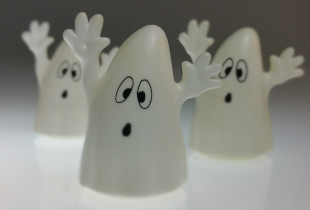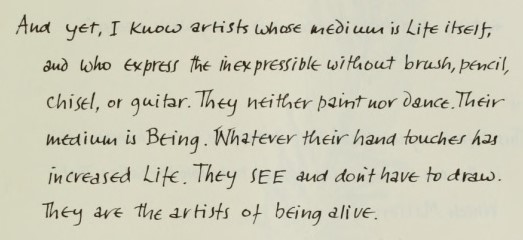Mark Twain? Horace Greeley? N. D. Hillis?

Question for Quote Investigator: Two interesting quotations begin with the same phrases but diverge to emphasize different ideas of impermanence:
Fame is a vapor; popularity an accident; the only earthly certainty is oblivion.
Fame is a vapor, popularity an accident, riches take wings, those who cheer today will curse tomorrow, only one thing endures–character.
These remarks have been credited to the well-known humorist Mark Twain and the prominent newspaper editor Horace Greeley. Would you please explore this topic?
Reply from Quote Investigator: Horace Greeley achieved his greatest fame as the founder and editor of the popular “New-York Tribune” of New York City. In his later years he published an autobiography titled “Recollections of a Busy Life” which was serialized in several newspapers. On December 4, 1867 the “Nashville Union and Dispatch” of Tennessee printed a section of Greeley’s book about the founding of the “Tribune” which included a discussion of the evanescence of fame. Emphasis added to excerpts by QI:1
Fame is a vapor; popularity an accident; riches take wings; the only earthly certainty is oblivion—no man can foresee what a day may bring forth; and those who cheer to-day will often curse to-morrow; and yet I cherish the hope that the journal I projected and established will live and flourish long after I shall have moldered into forgotten dust, being guided by a larger wisdom, a more unerring sagacity to discern the right, though not by a more unfaltering readiness to embrace and defend it at whatever personal cost; and that the stone which covers my ashes may bear to future eyes the still intelligible inscription, “Founder of The New York Tribune.”
Below are additional selected citations in chronological order.
Continue reading “Quote Origin: Fame Is a Vapor; Popularity an Accident; Riches Take Wings”







